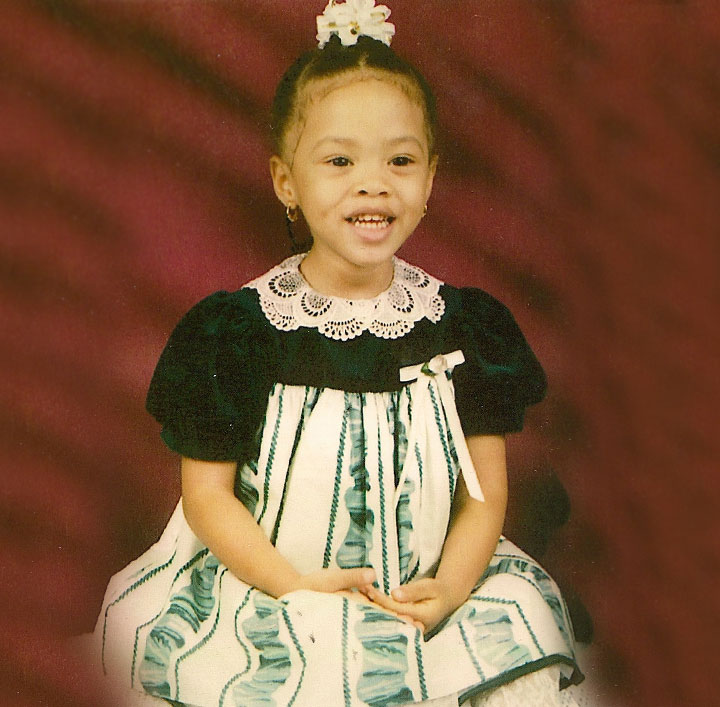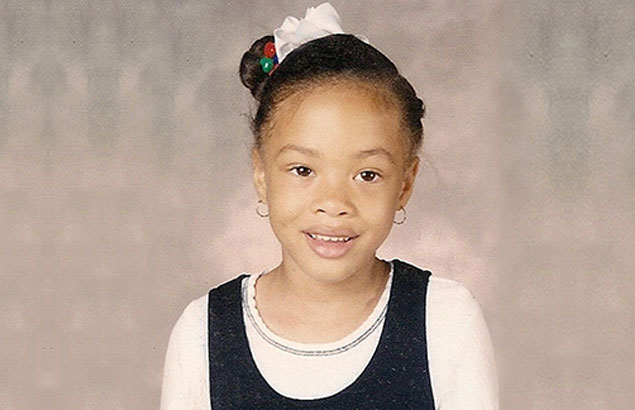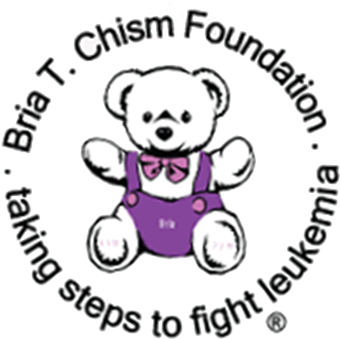“There’s no tragedy in life like the death of a child. Things never get back to the way they were.”
– Dwight D. Eisenhower

Bria T. Chism Foundation
Bria Chism lost her battle with cancer at the age of six in 1999. As her family watched her slowly slip away, they became painfully aware that from her initial diagnosis, her chances of survival were slim. Even though her mother had plenty of support from grandparents and siblings, their just being there wasn’t enough. Bria needed a marrow transplant to survive, and there just wasn’t a large enough pool of African-Americans on the registry to draw from.
Her grandparents, Walter and LaGail Chism, asked why and found out that minorities in the United States, in general, are not represented on the Be The Match Registry, operated by the National Marrow Donor Program and this was primarily due to a lack of awareness that marrow transplants save lives. LaGail and Walter decided that they did not want any family to suffer the type of loss they did simply because they did not know.
The Bria T. Chism Foundation in Raytown, MO was established in December 1999. Our mission is simply to increase the number of minorities on the Be The Match Registry so that minorities with leukemia and other blood-related diseases have a better chance of survival.
Since 1999, we have added more than 15,000 people of color to the Be The Match Registry, operated by the National Marrow Donor Program. Several have answered the call to donate their marrow and save a life! We have worked with people of color throughout the country, including African-American, Arab-American, Latino, Hispanic, Laotian, and Native American communities and increased all their numbers in the national registry.
We have registered individuals in communities as far east as Atlanta, GA, south to Birmingham, AL, west to Denver, CO, and north to Fargo, SD.
We are determined that things never go back to the way they were in 1999, that people of color are not aware that a marrow transplant will save a life but only if they get on
Be The Match Registry.
Mission Statement
Bria T. Chism Foundation seeks to increase the number of minorities on the Be The Match Registry, operated by the National Marrow Donor Program so that minorities with leukemia and other blood-related diseases have a better chance of survival.








